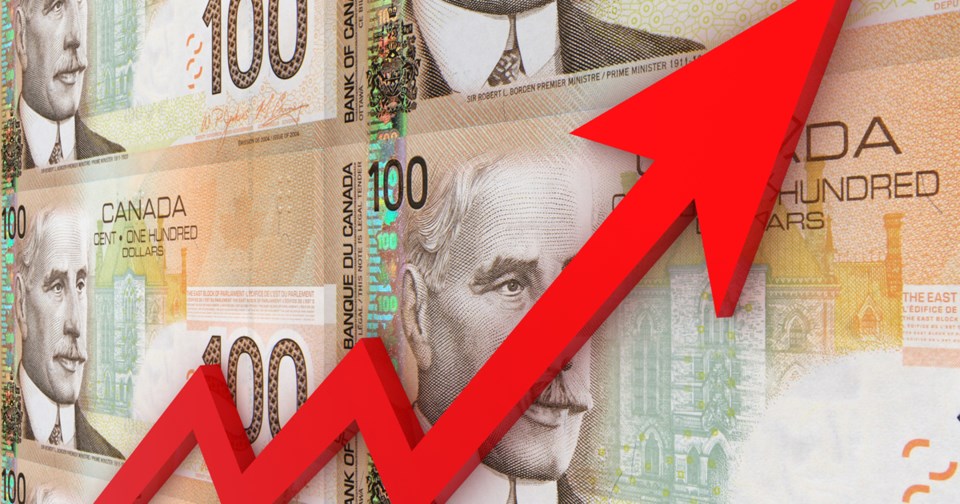City hall is considering a municipal tax increase next year of 2.10 per cent because of a revenue shortfall and higher expenses — and that’s before the police budget’s increase is considered.
City administration kicked off the 2023 budget discussions by presenting a preliminary budget review during the Sept. 12 executive committee meeting.
City administration will finalize a budget-related survey in early September and post it online for residents to answer. It will then release the proposed budget in November, while council will hammer out the final budget in December.
Money highlights
City administration estimates that the operating budget’s shortfall in 2023 will be about $690,000 — excluding the Moose Jaw Police Service’s budget request — due to inflation and the absence of several one-time revenue injections from 2022.
One percentage point of municipal taxation next year will generate about $328,000.
Total revenues are expected to increase by about $810,000 next year, while total expenses are expected to increase by roughly $1.5 million, the report said.
Meanwhile, the general capital budget is facing challenges with funding the rehabilitation of the Fourth Avenue bridge and the replacement of the Phyllis Dewar Outdoor Pool.
Moreover, the water and wastewater utility is facing major capital funding needs of $74 million during the next four years, while the Buffalo Pound Water Treatment Corporation’s plant renewal project requires extra funding of $14.3 million — eventually leading to higher consumption fees — that puts pressure on utility rates.
The municipality has four ways to affect the budget’s revenues and expenses, the report added. These include:
- Increasing revenues through higher taxation or other non-taxation income
- Reducing expenses
- Adjusting programs and services
- Strategically using debt and reserves
Reviewing the report
“External (economic) factors play a huge role in the City of Moose Jaw’s budget … ,” finance director Brian Acker said. “It impacts how much revenue we generate (and) impacts the costs we pay for our goods and services.”
Building permits should remain high, while major industrial and commercial development projects are also expected to progress, Acker continued. Those projects should create nearly 600 new jobs during the next five years, which will positively affect the community’s economic health.
“That’s really a driver for our overall budget process and something to be excited about going forward,” he remarked.
Operating budget
On the operating budget side, bank interest will generate another $100,000, parking penalty revenues will create another $300,000, inflation will increase salaries and benefits by $430,000, there will be $665,000 less in one-time equipment and solid waste contributions and the province will provide $828,000 more in PST-related municipal revenue sharing.
“… so that’s a very big positive (the revenue sharing) for our budget because it keeps the tax rate low,” said Acker.
While the general capital reserve had a slight deficit of $753 this year, it is facing a deficit of $4.9 million next year and a total deficit of $33,329,305 during the next four years, he stated. Major projects require money, and without help from the province and feds, it won’t be easy to move forward on those projects.
“The opportunities to do that are, you either reduce expenditures in other capital budget areas … or we borrow additional funds, which has costs as well,” added Acker.
Water and wastewater
The water and wastewater utility reserve faces a deficit of $6.8 million next year and a total deficit of $20,529,187 over the next four years, the report showed. Meanwhile, the solid waste utility reserve appears to have sufficient funding next year, as does the land development reserve.
City hall wants to spend $57,056,565 on waterworks infrastructure projects over the next four years, with the cast iron replacement project the largest chunk of that spending, said the report. Next year, $7.6 million will be spent to replace cast iron pipes, while $3.4 million will be spent repaying a waterworks loan and $3 million on feeder mains.
Meanwhile, the city plans to spend $3.75 million next year to replace lift stations, including the Crescent View venue.
There are many capital projects that city administration wants to pursue in 2023, but the challenge will be in prioritizing those initiatives as council moves through the budget, Acker pointed out.
“Budgeting really is a balancing process,” he added. “We can only do what we can afford to do, yet we have to deliver the best budget possible.”
The next executive committee meeting is Monday, Sept. 26.




